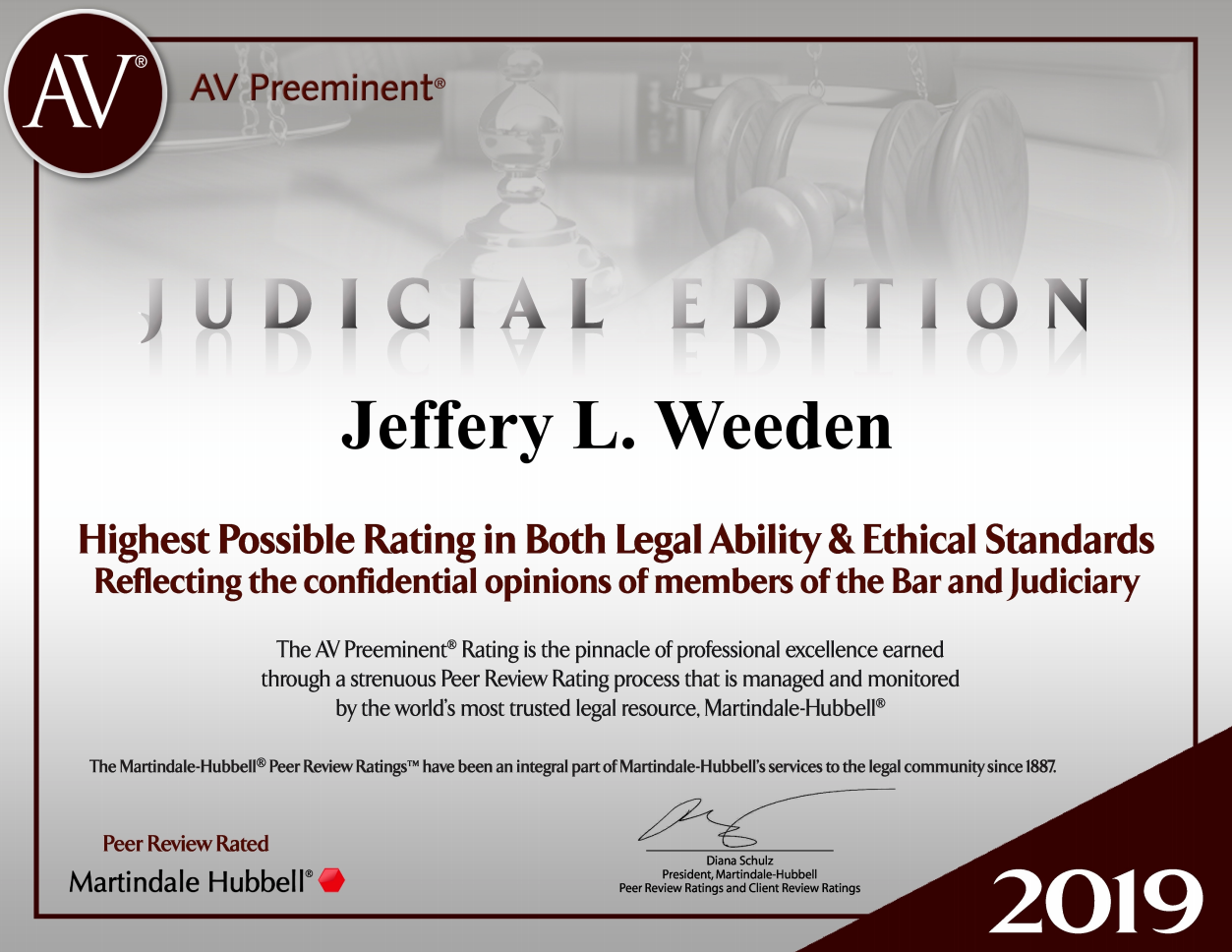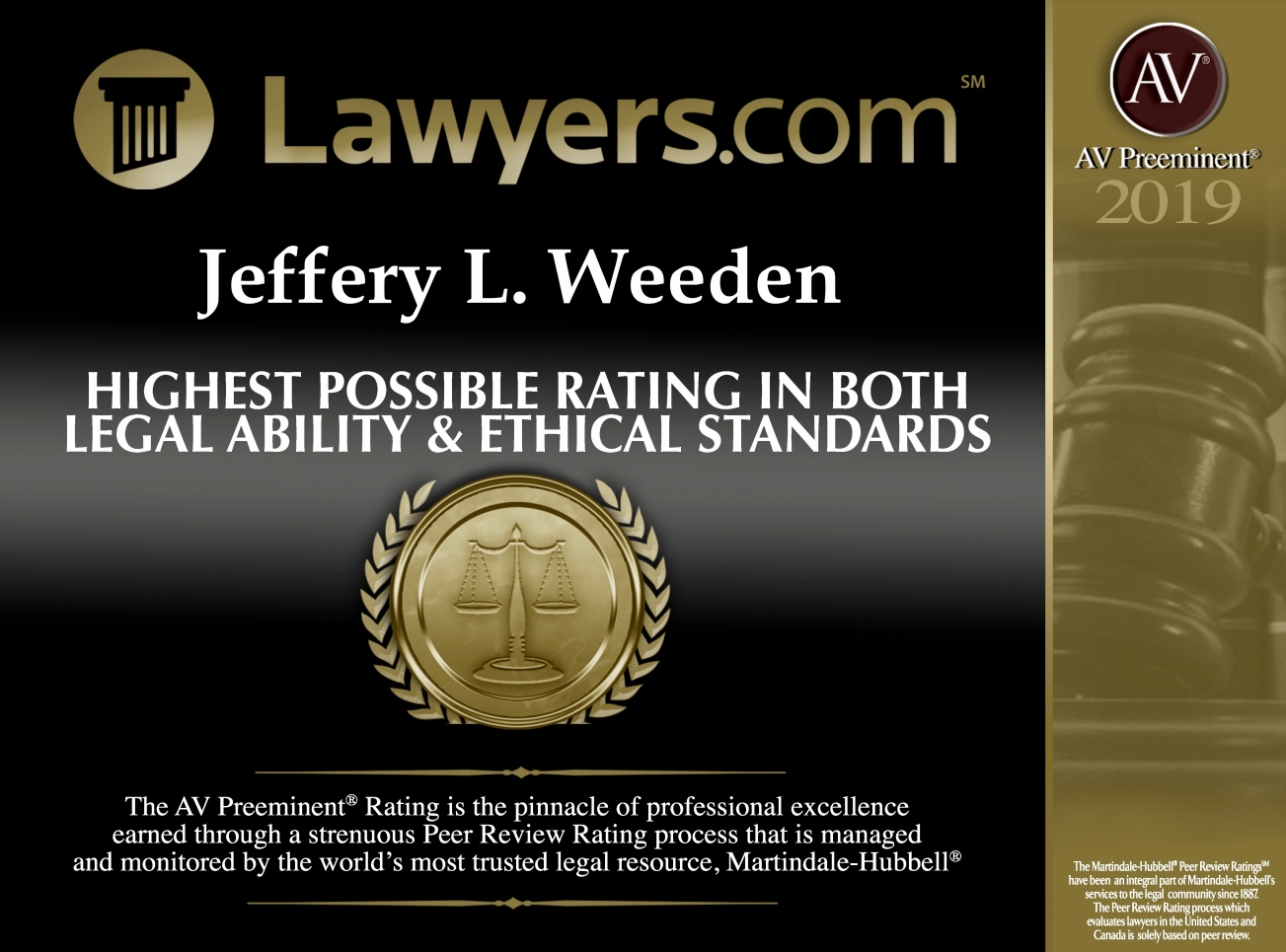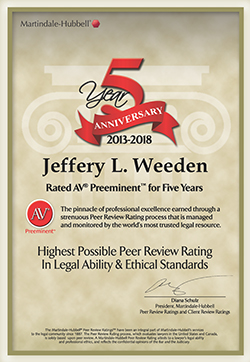Colorado Criminal Records Follow You for Life – Unless You Fight Back

Criminal records are intended to alert others to the fact that you have engaged in criminal activity in the past. They are essentially a permanent scarlet letter that one must carry around with them for the rest of their life. While many people understand this, they typically believe that it only applies to people who have been convicted of their crimes. This is not the case. The second you are arrested or charged with a crime, the incident goes onto your permanent criminal record. Of course, should you be convicted, that will go on there as well. The same applies if you are acquitted or even if your case is dropped or dismissed.
Put another way, even if you are wrongfully arrested and your lawyer is able to convince the prosecutor that you do not deserve to be charged, allowing you to get back to your life more or less immediately, there will still be a record of your arrest. A record that anyone who conducts a background check on you will be able to see: employers, landlords, banks, prospective romantic partners, and more. Thankfully, with the help of an experienced Denver expungement attorney, there is a way to remove certain offenses from your criminal record.
What is an Expungement?
The process of erasing arrest and conviction records is what is known in the legal world as expungement. Nearly every state has passed legislation allowing qualified persons to have their arrests and convictions expunged from their records. Though the specifics vary by jurisdiction, most states’ laws provide that an arrest or conviction must not be made public once it has been erased.
Expungement vs Record Sealing: What’s the Difference?
In Colorado, expungement is only applicable to juvenile records. However, that is not to say adult offenses are ineligible for erasure. Rather, the process for “erasing” an adult criminal record is what is known as “record sealing.” Many people will use these terms interchangeably, but there is actually a difference between the two aside from the age of the defendant.
Consider expungement as the actual destruction of criminal records. Not only are these records hidden from public view, but as far as the law is concerned, they never existed in the first place. Record sealing, on the other hand, simply makes an individual’s criminal record invisible to public view. They are still there but are simply “hidden,” meaning they will no longer appear on a person’s background check. This makes it so that landlords, employers, potential partners, educational institutions, and other public entities or individuals will have no knowledge of these records existing. However, private entities such as law enforcement and criminal prosecutors will still have access to these sealed records.
In summary, the expungement process completely eradicates a juvenile criminal record while the record sealing process for adult offenders makes it so that only a very few select individuals and agencies are ever able to access this record.
What Crimes Can Be Expunged in Colorado?
There are a number of qualifications and requirements for getting your record sealed or expunged in the state of Colorado. Unfortunately, it is not something that everybody can do, and there are different rules for juvenile and adult offenders. To learn more about whether you’re eligible for expungement, check out our blog Do You Qualify to Get Your Colorado Criminal Record Expunged?
If there are juvenile offenses on your record, pretty much anything can be expunged – arrest records, court records, and even convictions. There is not as much leeway with adult offenses in Colorado. If an adult is arrested but not charged, that record can more than likely be sealed. Beyond that blanket allowance, however, things tend to get far more complicated. Courts typically allow most petty offenses and municipal offenses to be sealed, but not always. It is also possible to seal certain kinds of Colorado drug crimes, though convictions in general tend to be tougher to work with.
Ultimately, whether a person is eligible for record sealing or expungement in Colorado depends on these factors:
- The type of criminal offense
- The age of the defendant
- Whether the charge resulted in a conviction or not
- The amount of time that has passed since the conviction or conclusion of the case
Crimes That Cannot Be Expunged in Colorado
If you obtained a conviction from your criminal charge and it fell into one of the below categories, your record is NOT eligible for sealing:
- Class 1 Felony
- Class 2 Felony
- Class 3 Felony
- Level 1 Drug Felony
- Sex Crimes in CO
- DUI Charges in CO
- Domestic Violence Charges in CO
- Class 1 Misdemeanor Traffic Offenses
- Class 2 Misdemeanor Traffic Offenses
- Class A Traffic Infractions
- Class B Traffic Infractions
In addition, any crime involving a commercial driver’s license cannot be sealed from an individual’s record.
How to File an Expungement
The biggest difficulties that arise when trying to get a Colorado criminal record sealed or expunged come down to understanding the law and completing the process in an accurate and timely fashion. That may not sound like a big deal, but it involves quite a bit of thorough work. This includes making sure you get the correct paperwork from the correct offices, that you fill everything out completely and without errors, and that you turn it in to the right place within the proper timeframe.
If any mistakes are made, it can mean that your petition will be rejected, and you will have to go through the expungement process all over again. That is why it is crucial that you file for expungement correctly. Of course, we don’t expect you to know everything it takes to file an expungement or record sealing request, as this knowledge is extensive and requires a solid legal background. Rather, it is important that you obtain the help of someone who has that level of experience and legal knowledge and can help you throughout the many steps of the expungement process.
At WeedenLaw, Denver criminal defense attorney Jeff Weeden will handle all aspects of the expungement process for you. But what exactly will he do?
Step 1: Have you send him a copy of your background check from the Colorado Bureau of Investigation.
Step 2: Review the background check report to evaluate your case and determine your eligibility for expungement.
Step 3: Prepare and file your petition. This usually takes around a week, then it will take another week or so for the court to respond with a date for your hearing. The hearing will likely be set for about a month later.
Step 4: Attend your record sealing or expungement court hearing.
Step 5: Deal with any objections that arise. If there are no objections, your petition should be granted at the hearing and your records should be sealed within the next few months.
How Long Does Expungement Take?
Assuming a person meets all other necessary requirements, they must still adhere to the mandatory waiting period that is required for their specific type of offense. For the expungement of juvenile conviction records, it may take up to 5 years before the defendant is eligible, depending on the facts of the case. However, dismissals and acquittals may be expunged immediately.
When it comes to adult criminal records, arrests not resulting in conviction and most municipal and misdemeanor offenses can be sealed immediately. Other offenses generally require 1-5 years before they are able to be sealed. Below, we’ll list the offenses that are eligible for record sealing and their assigned obligatory waiting periods:
Immediately after reaching the age of 21
- Underage DUI convictions with a BAC ranging from .02 to .05
One year after the case concludes
- Petty offenses, including petty drug offenses
One year after the date of the final disposition of all criminal proceedings against you
- Underage possession/consumption of alcohol or marijuana (only those occurring prior to July 1, 2014)
One year after conviction
- Underage possession/consumption of alcohol or marijuana (only those occurring on or after July 1, 2014)
Two years after the case concludes
- Class 2 misdemeanors
- Class 3 misdemeanors
- Drug misdemeanors
Three years after the case concludes
- Class 1 misdemeanors
- Class 4 felonies
- Class 5 felonies
- Class 6 felonies
- Level 3 drug felonies
- Level 4 drug felonies
Five years after the case concludes
- Level 2 drug felonies
- All other applicable offenses
How Long Does it Take for Your Record to Clear After Expungement?
After the mandatory waiting period is met and your Denver expungement attorney files your petition for record sealing or expungement, it may take about 1-3 months before your criminal record clears. This is because it generally takes a judge anywhere from a few days to a few weeks to determine whether or not to grant the request. If the judge does grant it, you must send copies of the order to all entities that have your criminal records on file (such as background check agencies and the police station where you were arrested).
Within roughly 30 days of receiving the order in the mail, your criminal record should be sealed.
Get Your Criminal Record Sealed or Expunged with the Help of Denver Expungement Attorney Jeff Weeden
Whether you made a mistake and repaid your debt to society long ago or fought back and proved that it was law enforcement officials who made the mistake, your criminal record will continue to follow you around – unless you do something about it. And by all accounts, you should do something about it! Living with that permanent stain on your reputation can make your life significantly harder than it has to be.
Stop putting it off. Regain control of your future and change how people look at you. Reach out to Colorado criminal defense lawyer Jeff Weeden at WeedenLaw and get started on cleaning your slate today. You can contact our Denver office for more details on expungements and record sealings by calling us at (720) 307-4330, emailing jlweeden@wedenlaw.com, or completing our simple online case review form.
Free yourself from the stigma of having a criminal record and learn how much better life can be with the help of Denver expungement attorney Jeff Weeden at WeedenLaw.
































